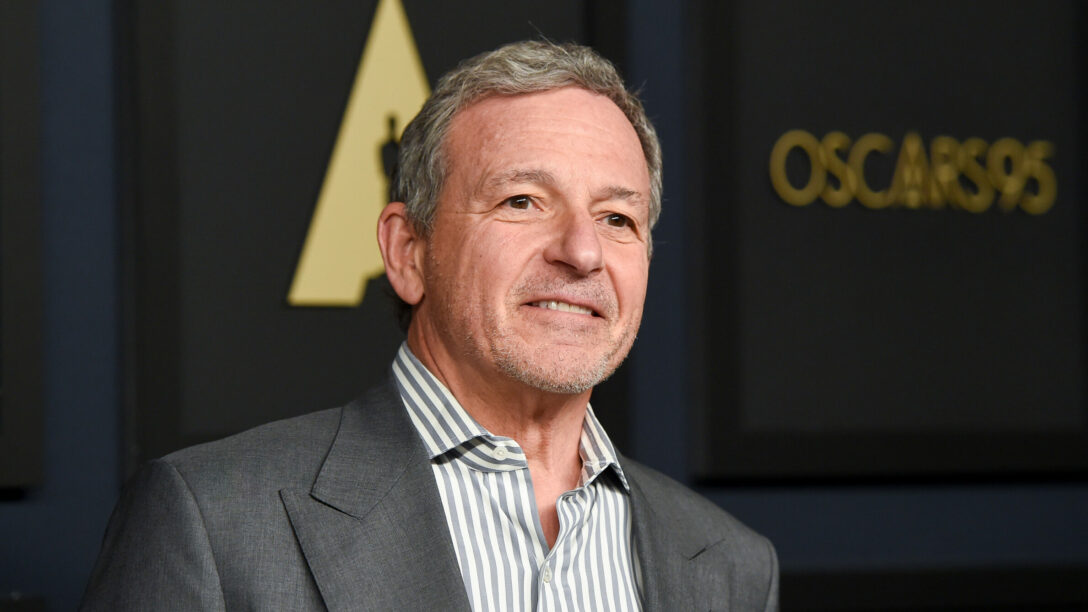Ever since Disney’s most recent earnings call, wherein C.E.O. Bob Iger finally took off the gloves and announced that all options are on the table regarding Hulu, conversations about the streamer’s future have been fairly binary—conventional wisdom suggests that Disney, which owns two-third of the business, either buys out Comcast, which owns the remaining third, or vice versa. And, sure, it’s entirely possible that one of these two outcomes could occur. But the reality, as Iger was presumably insinuating, is that neither plan is perfect for the stakeholders involved, or even Hulu itself, for that matter.
There are a multitude of reasons. Perhaps Disney, which seems to be optimizing free cash flow, could see the wisdom in forking over $9 billion for Hulu. But Iger also likely knows that the platform’s value has been reduced as competitors have pulled content to fuel their own streamers. Meanwhile, Comcast C.E.O. Brian Roberts probably doesn’t want to endure the extraordinary regulatory headaches of a $22 billion deal when the company likely needs to leverage its dry powder (and government relations) for a forthcoming conversation with Warner Bros. Discovery, as my Puck partner Bill Cohan has noted extensively, or perhaps Paramount Global.

















